962-7983-18423+
24/7 دعم
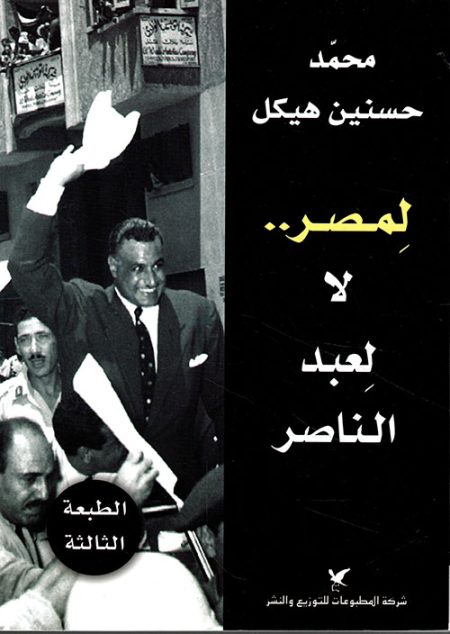
The book offers a detailed analysis of the trajectory of Arab leaders after the July Revolution, reviewing the internal and external policies and the challenges that Egypt faced during its critical phases. It deals with historical events in a documentary style, while also monitoring regional and international influences.
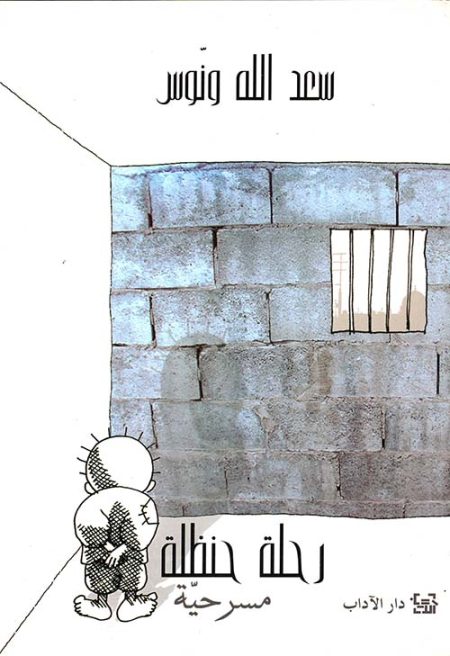
A theatrical text that contemplates the meaning of life and human choice under the weight of oppression and disappointment, revealing humanity’s struggle with fear and waiting.
It poses existential and political questions in a dense, symbolic language that reflects a crisis-ridden reality and a deferred hope.
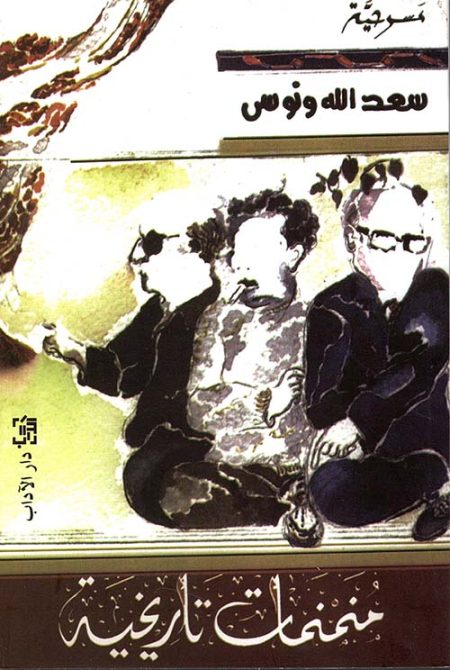
Theatrical texts draw inspiration from historical moments to deconstruct the relationship between power and humanity, reinterpreting the past with a contemporary awareness that exposes oppression and defeats, and poses questions of freedom and responsibility through powerful symbolism.
These reflective texts combine narrative and analysis, exploring memory, symbolism, and social and political transformations. They deconstruct the individual’s relationship to place and identity with concise language and profound critical insight.
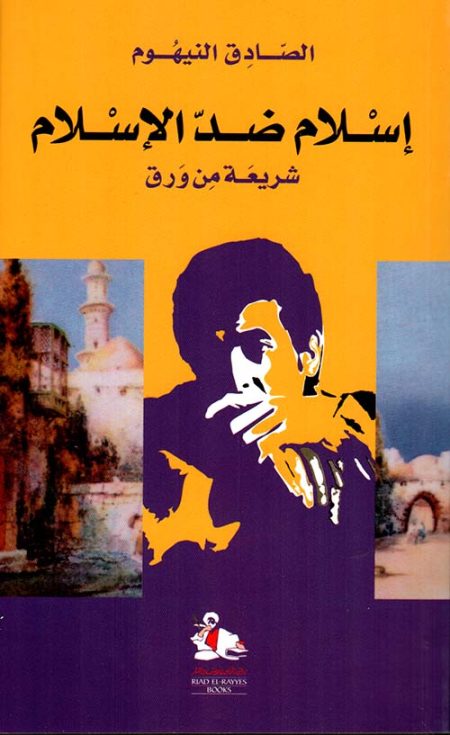
The book offers a bold and critical reading of religious thought as it is practiced socially, distinguishing between the essence of religion and the texts that have been transformed into tools of power and control. It poses provocative questions about the prevailing understanding of Islamic law and its relationship to reason, freedom, and humanity.
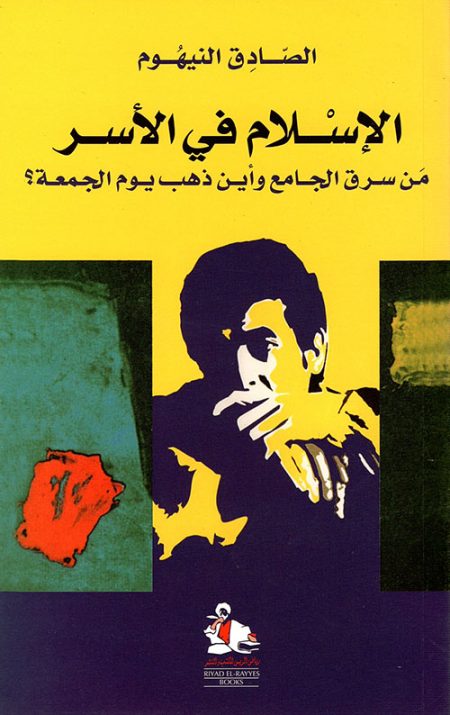
It is a critical intellectual text that re-examines questions of religion, society, and rituals from a bold, rational perspective, deconstructing prevailing assumptions with language that is sometimes satirical and at other times shocking. This opens the door to discussion about the role of the religious institution and its relationship with humanity, power, and public awareness.
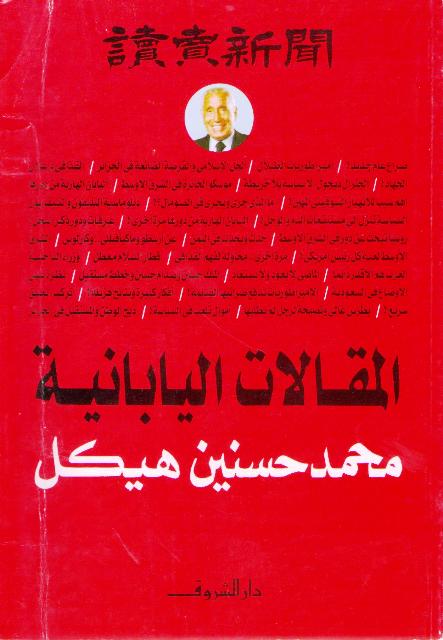
This collection of analytical articles explores political and cultural observations from Japanese society, offering an in-depth perspective on the nature of the contemporary Japanese experience. The work presents reflections on Japan’s renaissance and its relationship to global transformations.
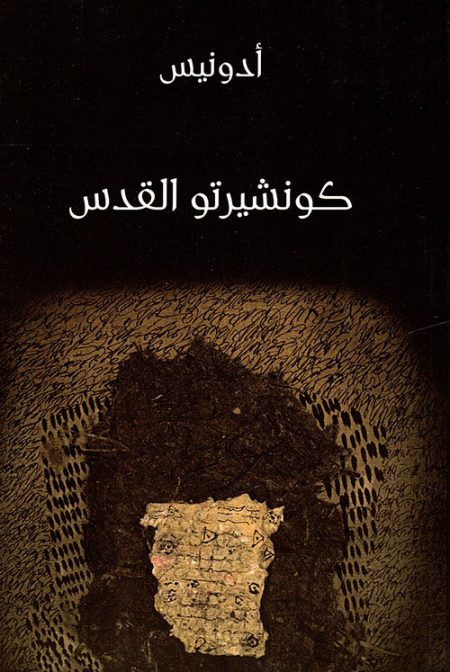
A profound poetic work that evokes Jerusalem as a symbol of the soul and history, reflecting humanity’s struggle between sanctity and ruin, between hope and despair, in the face of a reality where the religious intertwines with the political, the poetic with the human.

A narrative journey in which the author travels between different socialist countries, recording his daily observations and analyzing, in quick notes, the nature of political and social life there. A text that relies on a sensitive journalistic eye, revealing the contradictions and human experiences behind the slogans.
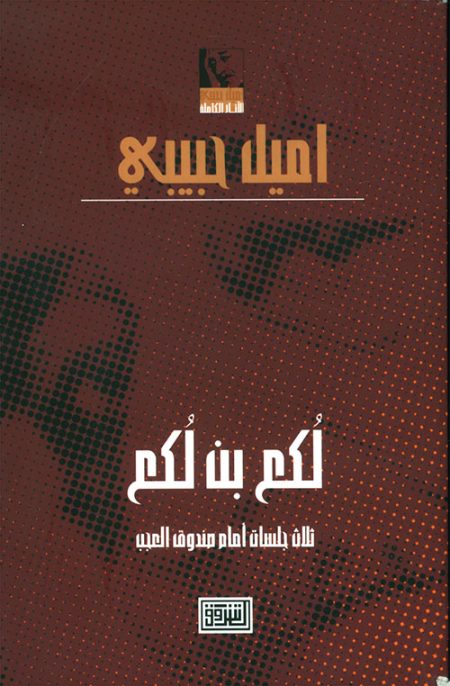
This novel combines realistic and symbolic narrative to explore the daily lives of Palestinians, exploring social and political conflicts and the search for identity and belonging.
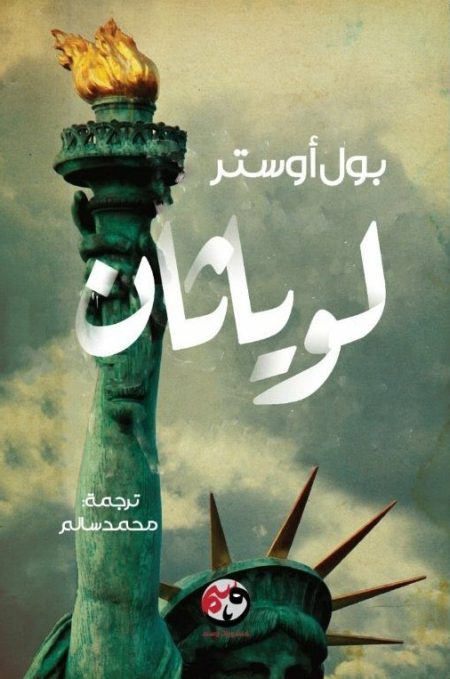
A novel in which the lives of mysterious characters intersect with political and intellectual secrets, forming a tale of identity, obsession, and inner ruin, within an atmosphere charged with tension and mystery.

This novel exposes the contradictions of social and political reality with a biting satire, tracing the journey of characters seeking glory and power through deception and manipulation. It’s a text that reflects the clash of values in a world dominated by falsehood and opportunism.
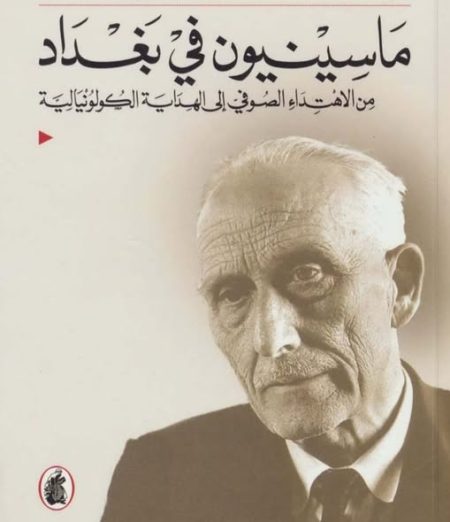
The novel delves into the depths of daily life in Baghdad, exploring social and political changes and their impact on the individual and society. The work blends realism with profound psychological insight to reveal the characters’ inner conflicts and anxieties.
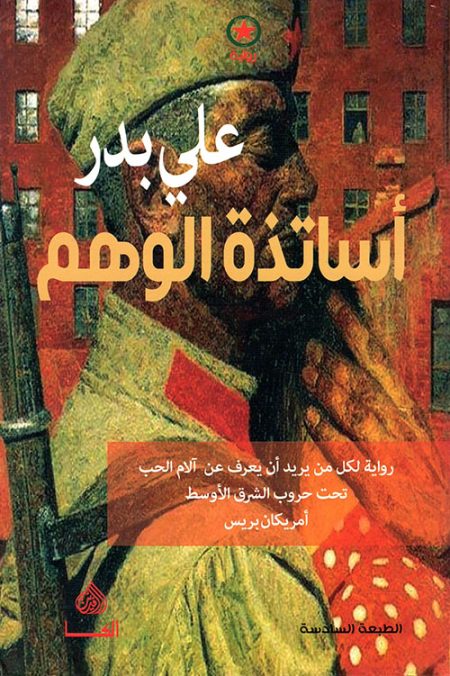
This reflective novel explores the concepts of illusion, knowledge, and power, highlighting the impact of illusions on the behavior of individuals and societies. The text blends philosophy and narrative to open a discussion about truth and reality.
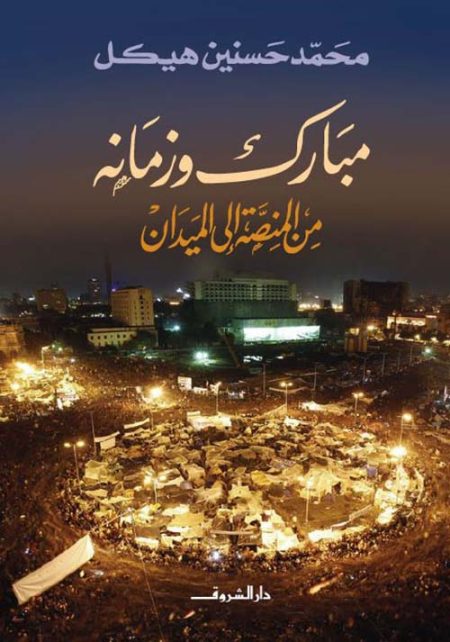
The book examines the trajectory of political transformations in Egypt by tracing the characteristics of governance and the accumulation of power, shedding light on the relationship between the leadership and society. It offers a profound analytical perspective on how the country transitioned from a state of apparent stability to the moment of popular uprising.
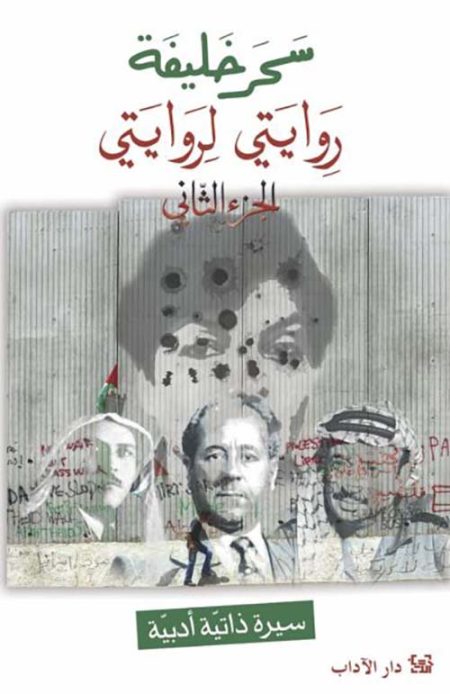
This narrative, where the personal and the public intertwine, reveals the transformations of the female self under the weight of a repressive political and social reality. Personal memory intertwines with collective experience, and questions of identity, commitment, and freedom are revisited from within the everyday and the intimate.
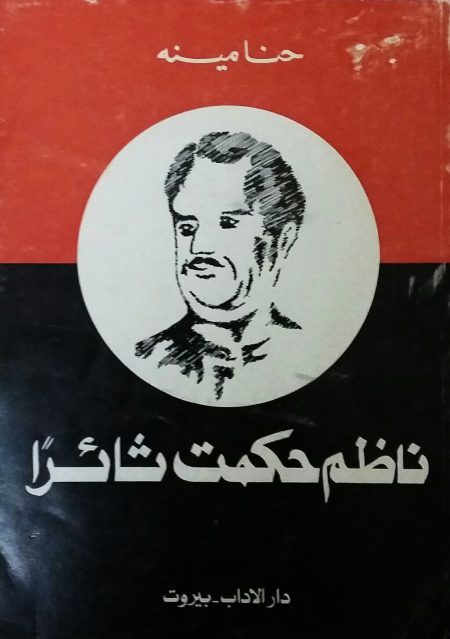
This book presents a powerful literary portrait of a revolutionary poet who lived his life between imprisonment and exile, revealing his struggle against oppression and his profound belief in freedom and justice. It traces the transformation of human experience into a creative act of resistance.